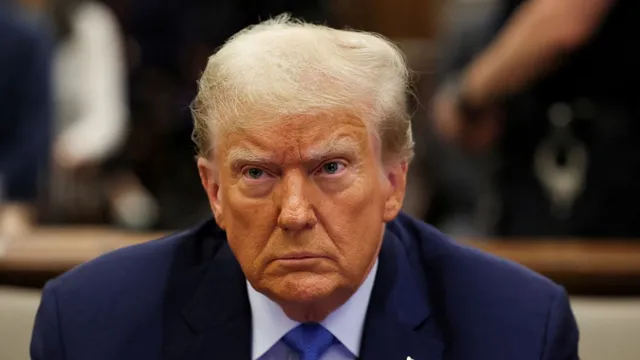- By Shivangi Sharma
- Sun, 09 Nov 2025 07:55 AM (IST)
- Source:JND
The United States has directed all its embassies and consulates to enforce tougher visa screening procedures under the “public charge” provision, reviving a long-standing immigration rule that rejects applicants considered likely to rely on government-funded assistance. The fresh directive signals a return to heightened immigration scrutiny under US President Donald Trump, who resumed office in early 2025.
The “public charge” provision, part of US immigration policy for over a century, allows officials to deny visas or permanent residency to applicants deemed dependent on government welfare. During Trump’s first tenure, the rule was expanded significantly, but the Biden administration relaxed those standards. Now, the policy has returned, this time with broader parameters.
Comprehensive Screening Criteria
According to a communication cable quoted by Fox News, consular officers must review “all aspects of the case,” including formal petitions, visa forms, medical records, affidavits of support, and findings from background checks. The updated instructions require officers to consider key factors such as age, overall health, English proficiency, personal finances, employment history, and the likelihood of requiring long-term medical care.
This extensive checklist increases the potential grounds for refusal. Young applicants without solid financial backing, elderly dependents, or individuals with chronic health conditions could face a heightened risk of disqualification. Even limited language skills or insufficient income support may affect visa outcomes.
Return To Trump-Era Stringency
“Self-sufficiency has been a longstanding principle of US immigration policy… and the public charge ground of inadmissibility has been a part of our immigration law for more than 100 years,” the cable noted. The decision aligns with broader efforts by the Trump administration to tighten border control and reduce reliance on taxpayer-funded welfare by new immigrants.
ALSO READ: Indian-Origin Couple Lose Home, Fined Rs 75 Lakh For Enslaving Woman For 8 Years In Australia
With the directive now active globally, visa applicants should prepare for longer processing times, tougher questioning, and more extensive paperwork. Immigration attorneys recommend gathering strong financial evidence, health documentation, and proof of self-sufficiency to avoid rejection.

